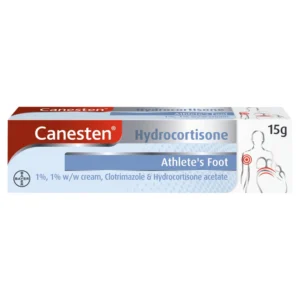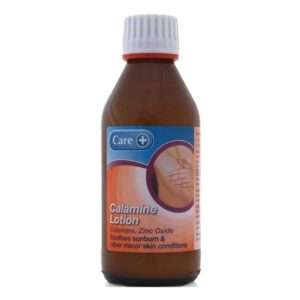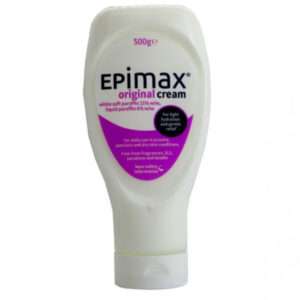Effective Eczema Relief Products – Soothe, Heal, and Protect Your Skin
Eczema, also known as atopic dermatitis, is a chronic skin condition that affects millions of people, causing persistent dryness, redness, intense itching, and inflammation. This common skin disorder can be challenging to manage, as symptoms often flare up unexpectedly and can be triggered by a variety of environmental factors. Effective eczema management requires a comprehensive approach that includes targeted treatments and consistent skincare routines.
Shop Eczema Products

Canesten HC Cream

Calamine Lotion – 200ml

Aqueous Calamine Cream

Epimax Original Cream

HC45 Hydrocortisone Cream
What is Eczema?
Eczema, also known as atopic dermatitis, is a prevalent skin condition that affects millions of people across the UK, impacting both children and adults alike. This chronic condition is characterised by the presence of dry, itchy patches of skin that can become intensely inflamed, red, and sore, often causing significant discomfort and distress. Eczema can appear anywhere on the body, but it most commonly affects areas like the face, hands, elbows, and knees. The severity of eczema can vary greatly from person to person, with some experiencing mild symptoms, while others suffer from more severe, persistent flare-ups that can interfere with daily life.
Symptoms
Dry, Itchy Skin: One of the most common and bothersome symptoms, causing discomfort and the urge to scratch.
Skin Rash: Eczema often leads to red, irritated rashes that can worsen with scratching.
Bumps or Thickened Patches: Prolonged scratching and inflammation can cause the skin to thicken and develop small bumps.
Flaky or Scaly Skin: The affected areas may become rough and flaky, with skin that peels or sheds.
Swelling: In more severe cases, the skin can become swollen, painful, and may even crack, leading to potential infection.
What Causes Eczema?
Eczema is a multifactorial condition influenced by various factors. Understanding these triggers can help manage and prevent flare-ups. Here are some common causes:
Genetics
Family history plays a significant role. If your parents or siblings have eczema, you’re more likely to develop it.
Immune System Dysfunction
Eczema is linked to an overactive immune response. Allergens and irritants can trigger inflammation.
Environmental Factors
Dry Air: Low humidity can worsen eczema.
Allergens: Pollen, dust mites, pet dander, and mold.
Irritants: Harsh soaps, detergents, and chemicals.
Temperature Changes: Extreme cold or heat.
Stress: Emotional stress can exacerbate symptoms.
Skin Barrier Dysfunction
A compromised skin barrier allows moisture loss and irritants to penetrate.
Food Allergies
Some foods (e.g., dairy, nuts, eggs) may trigger eczema in susceptible individuals.
Contact Dermatitis
Direct skin contact with allergens (e.g., nickel, fragrances) can cause eczema.
How to Treat and Manage Eczema
Moisturise Regularly
Hydrate: Apply fragrance-free moisturisers to keep your skin hydrated.
After Bath/Shower: Moisturise within a few minutes of bathing to lock in moisture.
Avoid Triggers
Irritants: Use gentle, hypoallergenic soaps and detergents.
Allergens: Identify and minimise exposure to common allergens (e.g., pollen, pet dander).
Scratching: Trim nails and use soft fabrics to reduce skin damage.
Prescribed Creams and Ointments:
Topical Steroids: These reduce inflammation during flare-ups. Such as hydrocortisone cream.
Calcineurin Inhibitors: Non-steroidal creams for sensitive areas. Such as tacrolimus cream
Barrier Creams: Protect the skin from irritants.
Wet Wrap Therapy:
Apply moisturiser and wrap damp bandages around affected areas to enhance absorption.
Phototherapy (Light Therapy):
Controlled exposure to UVB light can improve symptoms.
Antihistamines
These may help reduce itching and promote better sleep.

